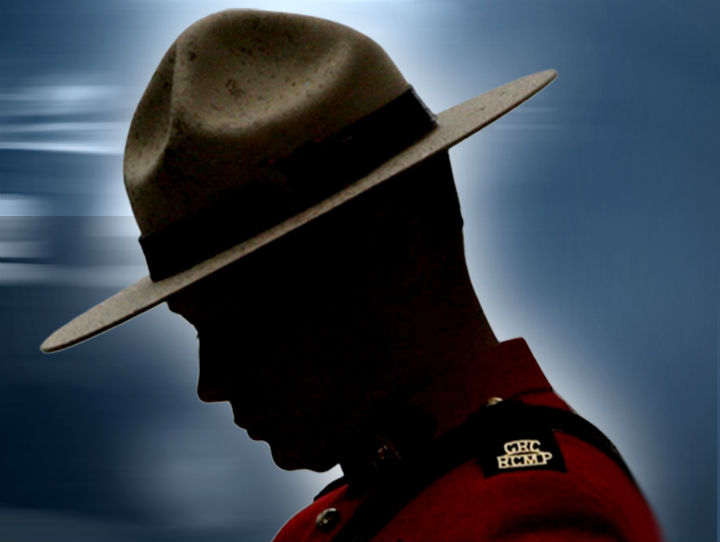HALIFAX – Nova Scotia’s health minister says the province is working on changes to make it easier for first responders to seek help for post-traumatic stress disorder.

Leo Glavine said access to the necessary help is an issue that affects a lot of people.
“This is a big question…on the minds of many people, not just first responders,” he said. “We’re going to strike a committee to take a look at where the gaps currently are.”
READ MORE: Cpl. Ron Francis ‘was so much more than PTSD’: RCMP
First responders witness horrific events as part of their everyday jobs, and in the past year, at least two dozen have committed suicide in Canada.
Some, such as Halifax firefighters, provide peer-to-peer support to help each other in a time of crisis and for those dealing with PTSD.
How first responders handle post-traumatic stress disorder hits home for Dr. Howard Conter, whose family is involved in the Tema Conter Memorial Trust. The trust is dedicated to his sister, who was murdered 26 years ago in Toronto.
“The paramedic who made the call when she was found actually ended up developing critical instance stress and post-traumatic stress disorder,” he said.
Conter said people have long expected first responders simply deal with the stress as part of their job.
“The expectation has been for years that if something happens on the job…you basically go home and suck it up…and get on with your day,” he said.
Following the fatal shootings of three Moncton RCMP officers in June, officers were given two weeks off to grieve.
“When you go to EMS school, police school, fire school, you get very little education about the psychological aspect of what you do. Same with the military,” Conter said.
In January, an active member of the Canadian Forces was taken into custody after firing shots inside his home on the Shearwater Base.
Officials won’t comment on the status of the investigation or confirm if it is still ongoing. At the time, officials were exploring whether PTSD played a role.
- A spoonful of olive oil a day could reduce risk of death from dementia: study
- Wegovy now in Canada: Who should (and shouldn’t) use the weight-loss drug
- N.B. woman must move to Toronto for life-saving lung transplant. She can’t afford to go
- Amid bird flu spread, Canada boosts surveillance and testing at border




Comments